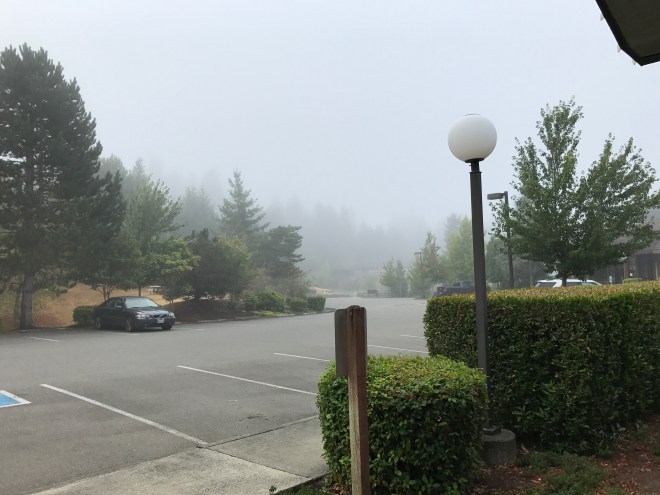
Familiar Ways
I choose to walk the old familiar ways,
To wend ways where I’ve put my foot before,
To gaze anew on views seen other days,
Which, though familiar, never seem to bore.
The changing light and seasons have their ways
Of making old things new: The light-laced hoar,
The first-flush, green-glow, bursting-forth spring days,
The growing tinge of gold we can’t ignore.
Each day, my dear, I choose afresh our trail,
The one we blazed so many years ago,
Eschewing other routes that might avail,
And hewing to the well-worn way we know.
Forsaking novelty need be no jail
With your face bathed in sunset’s golden glow.
(2016)
NOTES: March is arguable the most beautiful time in the Pacific Northwest. The days are growing longer. Yellow daffodils are rampant. And the ornamental plum and pear and cherry trees are exploding with pink blossoms.
In normal times, my only quibble with March is that it also brings on the dusting of alder pollen, which makes me sneeze. (Has anyone ever established a good reason for alder trees to have been created? I am skeptical.)
But these are not normal times. As with the rest of America and most of the world, we are in the grip of the global coronavirus pandemic. As a result, most of us have been largely confined to our homes, venturing out on only the most urgent matters. We are taking shelter in our homes like characters in some post-apocalyptic movie, waiting for the worst to pass.
We can still get out and take walks (as long as we observe the proper “social distancing” by moving 10 feet away when we meet passers-by.) Given our current semi-quarantined status, I don’t care how high the pollen count. I’m going for a walk to look at the scenery!
As I walk, I almost always take the same routes through our semi-rural suburban neighborhood making sure to include as many hills as possible. I’ve been walking it for years but it never gets boring.
In times like this, you take stock of what’s really important.
There’s a metaphor in there somewhere.







